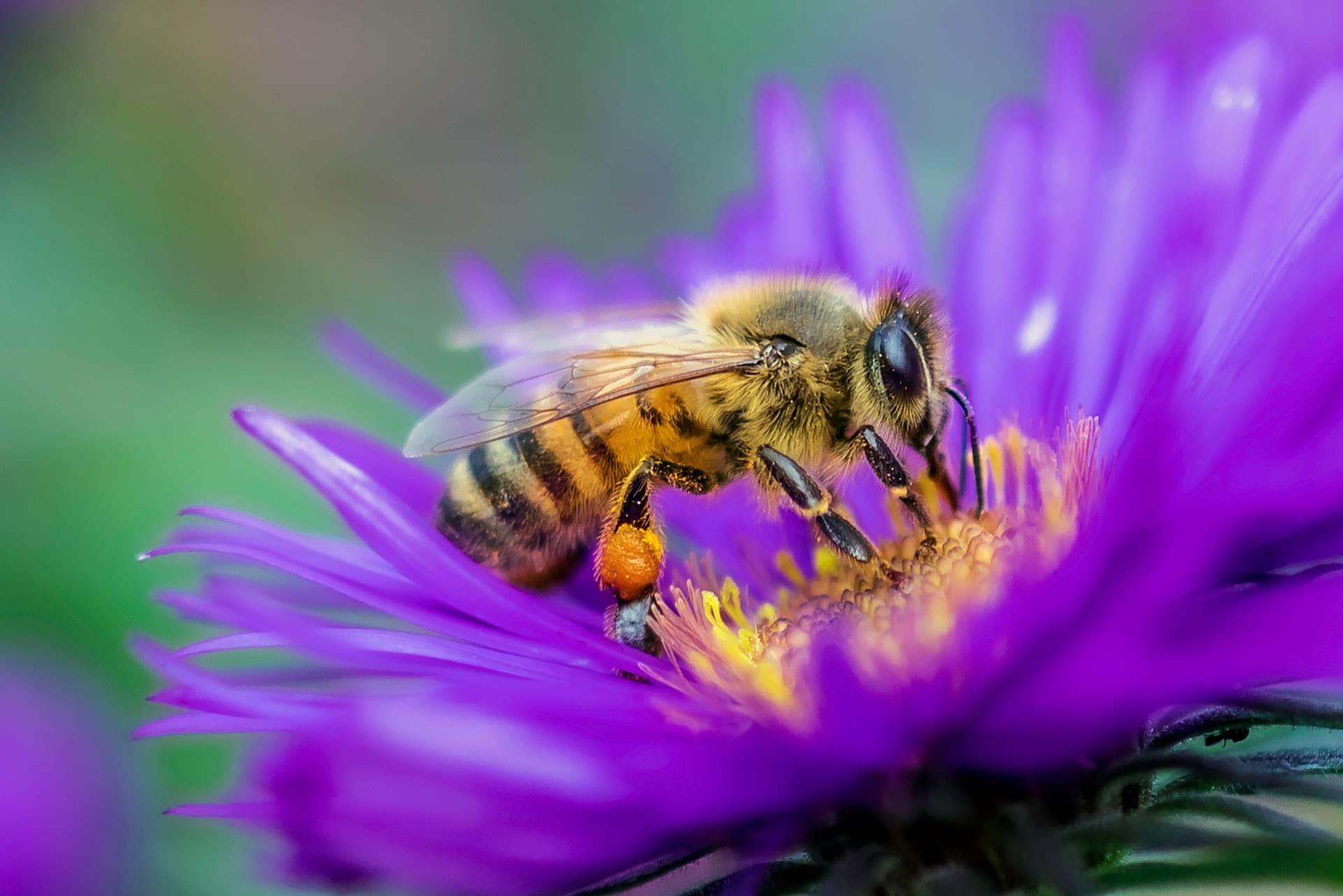Promote Pollinators member Portugal starts national pollinator network
On June 5th, the Day of the Environment, Promote Pollinators member country Portugal presented polli.NET, a national collaborative network for the evaluation and valorization of pollinators and pollination in Portugal. The network currently has 128 members from 63 institutions across the country (including universities, public administration, NGOs, producers’ associations and digital platforms). “Only by working together with all stakeholders can we increase our knowledge, develop and implement solutions and raise a collective awareness of the impact of our everyday actions on pollinators,” says Sílvia Castro of the University of Coimbra.
Collaborative network
Portugal has not yet established a national governmental initiative specifically focused on pollinators and pollination, but the importance of these organisms is evident in the National Strategy for the Conservation of Nature and Biodiversity 2030. In particular in Axis 2.1: ‘Promote the mapping and assessment of the condition of ecosystems and improve its ability to provide, in the long term, services more relevant to well-being’. This axis recognizes the need to establish a collaborative network at the national level for the assessment, conservation and valorization of pollinators, and led to the start of polli.NET. Sílvia Castro: “The collaborative network is identified as the first step towards the development of a concerted initiative at a national scale to assess the state of the art and trends of pollinators, identify the factors directly and/or indirectly linked to their decline, identify gaps and define the areas of action that are of concern in Portugal.”

Three pillars of action
The mission of the network is to promote the conservation of pollinators, the sustainability of pollination services and the resilience of ecosystems. Polli.NET does so through the creation of a nationwide network that brings together all stakeholders directly or indirectly linked to pollinators and pollination. The network promotes collaborative work involving all stakeholders for better knowledge transfer, training, environmental education and awareness. Polli.NET has identified three main pillars of action: knowledge – improve scientific knowledge about pollinators in the Portugese territory; action – develop solutions to implement conservation actions and sustainable use of pollinators; and dissemination – raise awareness among the general public about the importance of pollinators and pollination. The key objectives of the national network are 1) to promote knowledge transfer and a collaborative framework with all the parties, 2) to develop an action plan adjusted to our territory, and 3) work on tools to promote and implement the action plan. Sílvia Castro: “The creation of this network provides the perfect context to develop the Action Plan for Portugal as it brings together all actors of the society, enabling to map expertise and engage everyone interested.”
Visit the polli.NET website (in Portuguese only).
